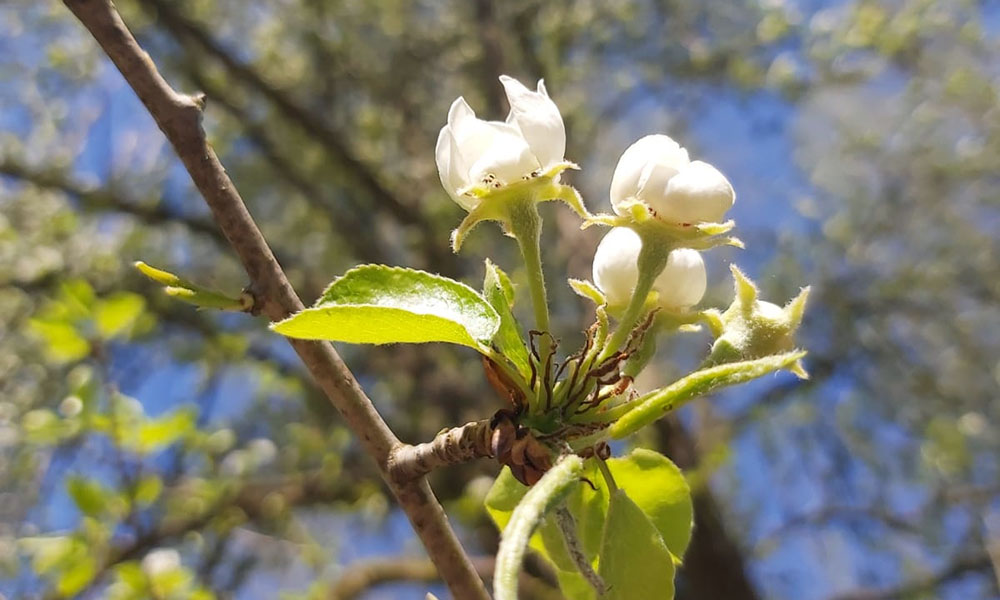
In an interview with ZEIT ONLINE, Prof. Dr. Annette Menzel presents the Citizen Science project BAYSICS and her research results on spring phenology. In one’s own garden, for example, one can observe how the first flowers open earlier and earlier in the year and the first leaves unfold – “a kind of fingerprint of climate change,” according to Prof. Menzel. In some places, the hazel is already blooming in December, much too early. Citizens can report their observations using the BAYSICS app and thus contribute to climate research.
Based on phenological records since 1951, we know that early spring now begins about two weeks earlier. Forsythia, apple and linden trees are also blooming significantly earlier. The effect of leaves falling later in the fall is not quite as clear. What is clear, however, is that winters have become shorter – by around 20 days.
The Intergovernmental Panel on Climate Change (IPCC) also reports on the changed seasons. According to this, the unfolding times of flowers and leaves in Europe have shifted forward by an average of three to four days per decade (!). This also has consequences for the animal world and its seasonal rhythms: When trees and flowers bloom earlier, butterflies and bees must also fly out earlier in the year. Birds that feed on insects are more likely to seek food for their young.
ZEIT ONLINE: Spring comes too early, unfortunately (Der Frühling kommt leider zu früh)